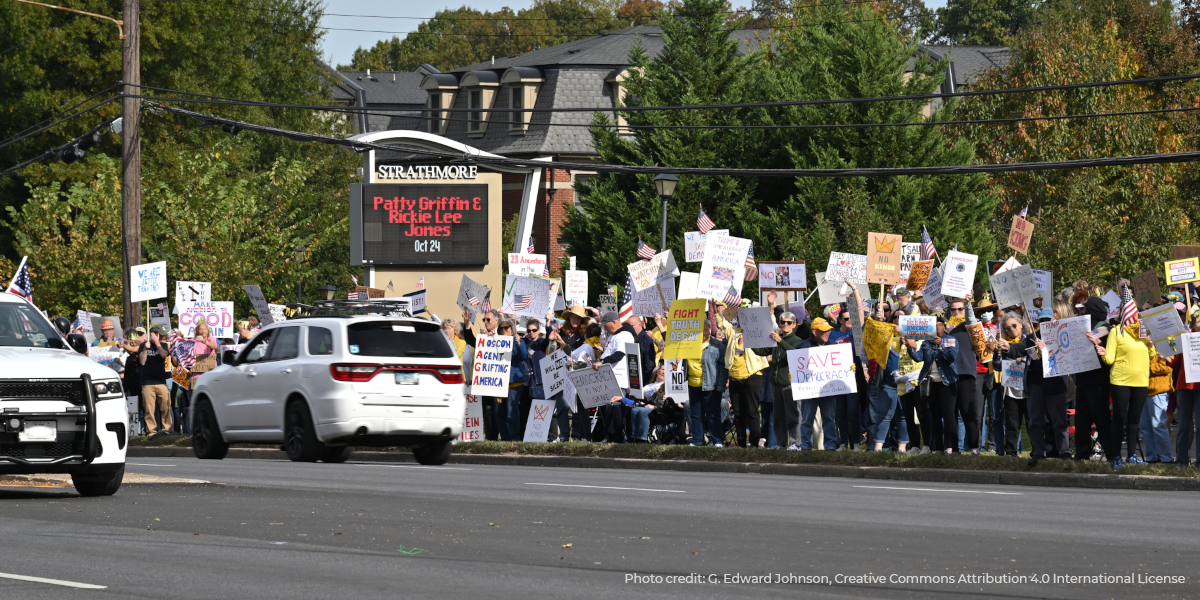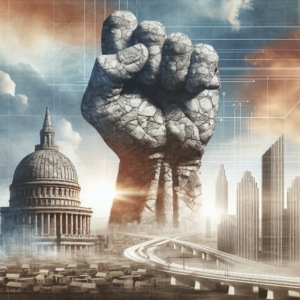By 2025, the climate of protests in the United States has reached unprecedented levels, with thousands of citizens demonstrating in different cities under the banner of “No Kings,” a movement that criticizes mass surveillance and corporate power. As protesters gather in the streets, law enforcement, including U.S. Border Patrol agents, have been using advanced surveillance technology to track their movements.
An analysis of data collected by the Flock Safety system, which uses automatic license plate readers (ALPR), indicates that more than 50 federal, state, and local agencies conducted hundreds of searches related to protest activities over a period of ten months. This software allows agencies to document every vehicle that passes by their cameras, recording details such as the license plate, color, and make, storing the information in a nationally accessible database. It has been reported that these searches are often carried out without clear justifications, using the term “protest” as a pretext.
Efforts for Freedom (EFF), a civil rights organization, has obtained data from over 12 million search records from more than 3,900 agencies between December 2024 and October 2025. Searches related to the most relevant demonstrations, such as those of “No Kings,” have significantly increased, identifying 19 agencies that conducted multiple searches specifically associated with these events. In many cases, agents simply noted “protest” as the reason, raising concerns about the legality and ethics of using this technology.
The case of Tulsa is representative; the police carried out at least 38 searches related to local protests, including demonstrations against deportation raids and other events organized in support of human rights. This has sparked intense debate about the need for stricter regulations, demanding that agents obtain search warrants before accessing this type of information.
In addition to targeting political protests, the use of surveillance technology also impacts less conventional groups, such as animal rights activists. The organization Direct Action Everywhere (DxE) has been under constant surveillance, with multiple agencies leveraging the Flock system to monitor their activities.
The increase in mass surveillance by authorities has led to a backlash against freedom of assembly. Collecting data on all vehicles approaching protests creates a deterrent effect, discouraging citizen participation. Many lawyers and activists are calling for the dismantling of these systems, arguing that every citizen should have the right to speak out against injustices without being recorded in a database.
Source: MiMub in Spanish











